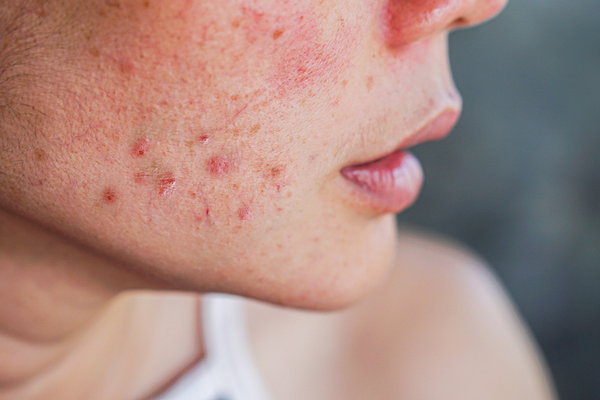Aren't sunscreens all the same?
Now many people say that UV protection is essential. But do you know that there are many ways that sunscreen can block UV rays?
I'm going to tell you about the sunscreen's sunscreen mechanism, which you may not know.
The sunscreen mechanism can be defined in two ways.
Physical sunscreens and chemical sunscreens are two different types of sunscreens that work in different ways to protect your skin from UV radiation.

Physical Sunscreens
Physical sunscreens (also called mineral sunscreens) work by forming a physical barrier on top of the skin that reflects and scatters UV radiation away from the skin. They contain active ingredients such as zinc oxide and titanium dioxide that are not absorbed into the skin. Physical sunscreens are typically thicker and may leave a white cast on the skin, but they are less likely to cause skin irritation or allergic reactions.
PRO’S of Physical Sunscreen :
- Offers a natural broad spectrum protection, which gives protection against both UVA and UVB rays.
- Protects from the sun as soon as it’s applied, no ‘wait time’ needed.
- Less likely to cause a stinging, irritation on the skin, making it ideal for sensitive skin.
- Best for those with rosacea and redness, since it deflects the heat by the sun away from skin.
- Non-comedogenic; less likely to be pore-clogging, making it ideal for blemish-prone skin types.
- Safe for use on babies and during pregnancy.
CON’S of Physical Sunscreen :
- Leaves a white-ish cast on the skin, making some formulas incompatible for deeper skin tones.
- Tend to be thicker, which will require more effort to rub/massage into the skin.
- May be too chalky and opaque for daily use under makeup.
- Can rub off, sweat off and rinse off easily, meaning more frequent reapplication when outdoors is needed.
- Can create an occlusive film, which results in increased perspiration during physical activities and, therefore, causes it to wear off more quickly.
- Will be less protective if not applied generously and accurately since UV light can get penetrate through the sunscreen molecules.
Chemical Sunscreens
Chemical sunscreens work by absorbing UV radiation and converting it into heat energy that is then released from the skin. They contain organic (carbon-based) compounds such as oxybenzone, avobenzone, and octinoxate. Chemical sunscreens are typically thinner and more easily absorbed into the skin, but they may cause skin irritation or allergic reactions in some people.
PRO’S of Chemical Sunscreen :
- Have a thinner consistency, therefore, spreads more easily on the skin, making it more wearable for daily use.
- Less is needed to protect the skin because there is no risk of no spaces between the sunscreen molecules after application.
- The formula is easier to add additional treatment ingredients to, such as peptides and enzymes, which offer other skin benefits.
CON’S of Chemical Sunscreen :
- Requires 10-20 minutes after application to dry and create a protective film over the skin.
- Can possibly cause an increase in existing brown spots and discoloration due to a higher internal skin temperature (Yes, over-heated skin can make brown spots worse).
- The higher the SPF (such as formulas of SPF 50 or greater), the higher the risk of irritation for sensitive skin types.
- Increased chance of irritation and stinging (especially for those who have dry skin with a damaged moisture barrier) due to the multiple ingredients combined in order to achieve broad-spectrum UVA and UVB protection.
- The protection it offers gets used up more quickly when in direct UV light, so reapplication must be more frequent.
- Increased chance of redness for rosacea-prone skin types because it changes UV rays into heat which can exacerbate flushing.
- The chemical ingredients oxybenzone and oxtinoxate have been banned in Hawaii for posing a risk of degrading coral reef when worn while swimming in the ocean. (This applies to water-resistant beach sunscreens only and not daily use sunscreens or makeup with sunscreen.) Pro tip: When at the beach, wear long-sleeve UV protecting swimwear to lessen sunscreen getting into ocean waters.
- Comedogenic; can be pore-clogging.
So, which sunscreen is best?
Overall, both physical and chemical sunscreens can provide effective protection against UV radiation. The choice between physical and chemical sunscreen often comes down to personal preference and skin type. If you have sensitive skin, physical sunscreen may be a better option, whereas if you prefer a lighter, less visible sunscreen, chemical sunscreen may be a better choice.




Leave a comment
This site is protected by hCaptcha and the hCaptcha Privacy Policy and Terms of Service apply.